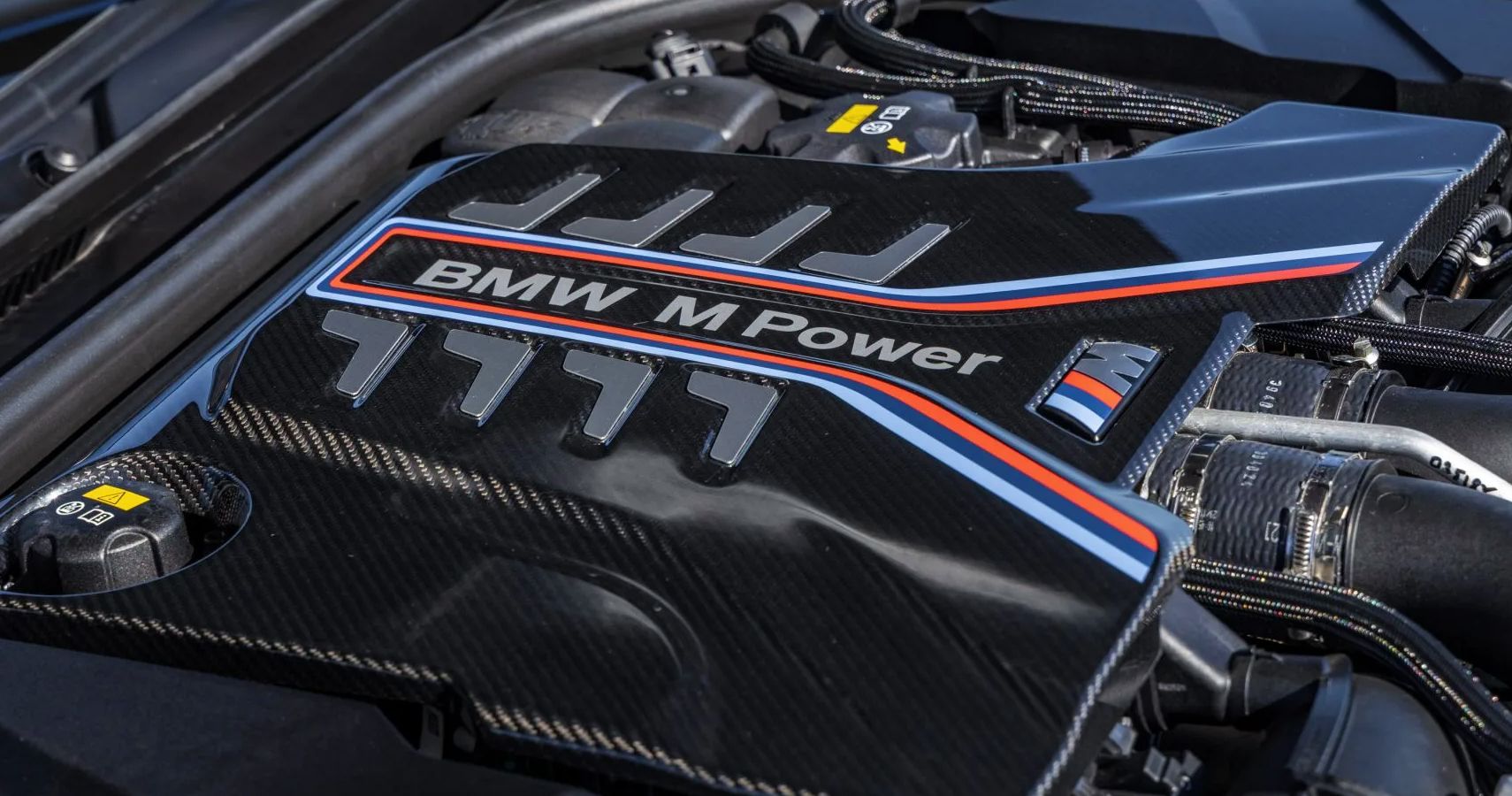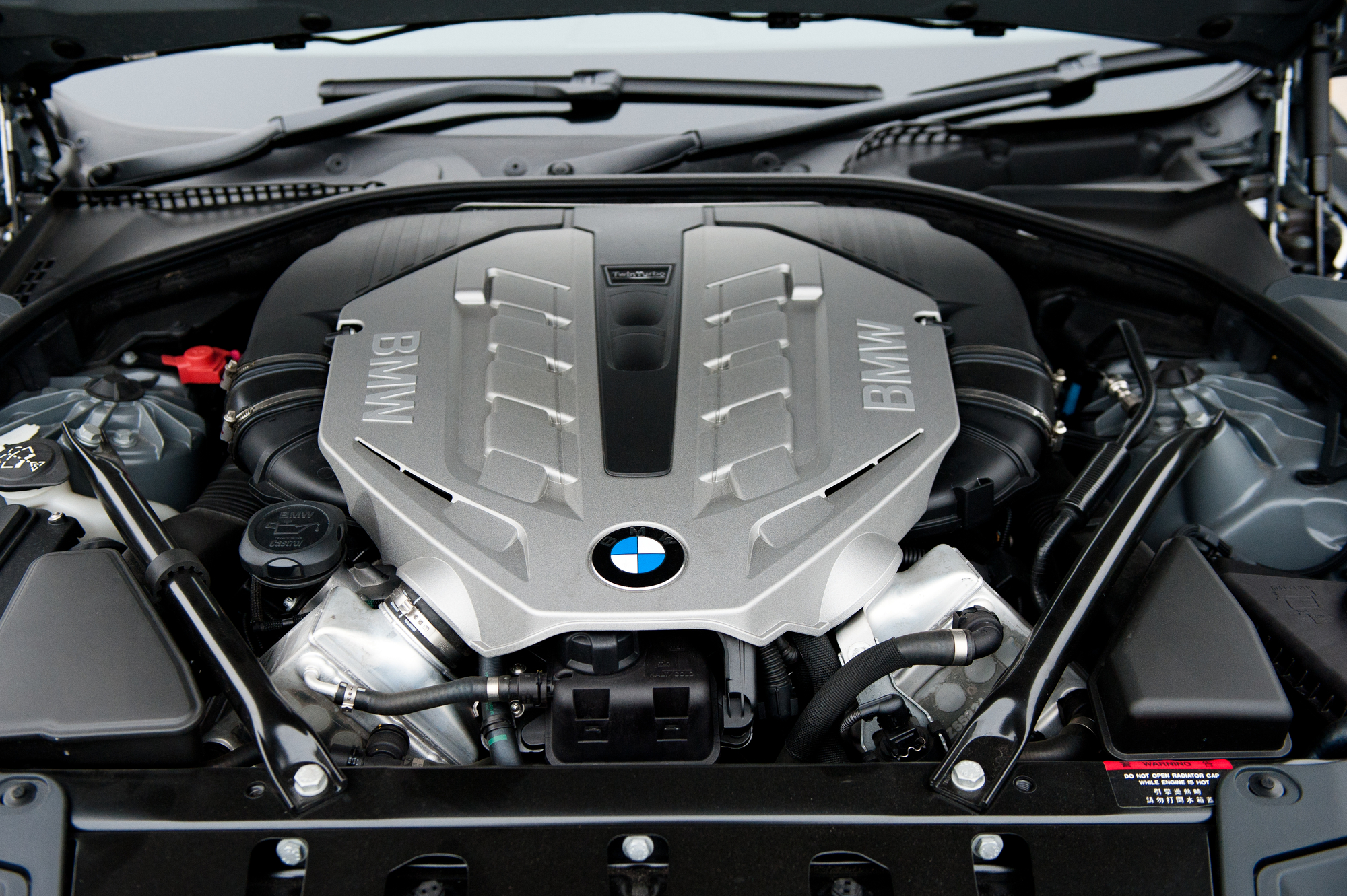A New user's Overview to Selecting the Right BMW Engine for Your Needs
A New user's Overview to Selecting the Right BMW Engine for Your Needs
Blog Article
Introducing the Intricacies of Next-Generation Power Units: a Deep Study Advanced Engine Innovations and layouts
As we stand on the precipice of a brand-new era in transport, the intricacies of next-generation engine styles bid us to explore the advanced innovations and developments that promise to redefine the driving experience. Delving much deeper right into the worlds of discharge control, intelligent engine management systems, and the perspective of power device advancement, we discover ourselves on the cusp of a transformation that assures to reshape the landscape of movement as we understand it.
Evolution of Engine Products

The shift in the direction of progressed engine materials has actually also made it possible for engineers to design engines with higher power results while preserving fuel effectiveness standards. For instance, the use of light-weight materials reduces the general weight of the engine, leading to boosted fuel economic situation and reduced discharges. Additionally, improvements in products innovation have permitted far better thermal management within engines, resulting in increased dependability and longevity.
Turbocharging and Supercharging Technologies
How do Turbocharging and Supercharging Technologies change engine performance and effectiveness in modern-day vehicles? Turbocharging and turbo charging are innovations that significantly boost engine efficiency by boosting the amount of air intake into the burning chamber. Turbocharging accomplishes this by utilizing a turbine driven by exhaust gases to pressurize the consumption air, while supercharging makes use of a belt- or chain-driven compressor to achieve the exact same result.
These technologies make it possible for smaller sized, much more fuel-efficient engines to produce power equivalent to larger ones, recognized as downsizing. By compeling even more air into the cyndrical tubes, turbocharging and supercharging boost combustion efficiency, causing enhanced horse power and torque output without a significant boost in engine dimension. This brings about far better velocity, pulling ability, and overall driving efficiency.
Furthermore, turbo charging and turbocharging add to improved fuel efficiency by allowing the usage of smaller sized engines that eat much less fuel under normal driving conditions - bmw engine. This combination of boosted performance and efficiency has actually made turbocharging and turbo charging essential components of lots of modern-day engine layouts
Emission Control and Environmental Impact
With boosting global issues relating to air top quality and environmental sustainability, the implementation of emission control innovations in vehicles plays a critical role in reducing damaging contaminants released right into the atmosphere. Modern cars are outfitted with advanced emission control systems that help reduce the ecological influence of auto operations. Catalytic converters, for example, are created to transform toxic gases such as carbon monoxide gas, nitrogen oxides, and hydrocarbons into much less dangerous compounds like co2 and water vapor.
Furthermore, advancements in engine innovation, such as the assimilation of exhaust gas recirculation systems and careful catalytic decrease, have actually significantly added to lowering emissions. These innovations function in tandem to optimize burning performance and lessen the launch of unsafe toxins into the air. Furthermore, the growth of crossbreed and electrical lorries represents a vital action towards reducing the overall ecological impact of the transport industry.
Intelligent Engine Monitoring Equipment

Furthermore, these systems allow automobiles to fulfill stringent emissions criteria without compromising performance, giving a much more eco-friendly driving experience. The combination of fabricated knowledge and artificial intelligence capabilities in engine administration systems remains to push the borders of what is possible, bring about additional renovations in efficiency, reliability, and total automobile efficiency. bmw engine. As automobile modern technology advancements, smart engine management systems will play a vital duty fit the future of transportation towards a more reliable and sustainable instructions
Future Trends in Power Device Advancement
As smart engine management systems pave the method for boosted control and optimization in modern cars, future fads in power unit development are positioned to redefine the landscape of automotive propulsion modern technologies. These alternative power resources supply boosted efficiency and efficiency straight from the source while aligning with stringent ecological guidelines.
One more substantial fad is the integration of sophisticated materials and manufacturing strategies. Light-weight products such as carbon fiber and light weight aluminum are being used to lower overall car weight, improving gas effectiveness and efficiency. Furthermore, advancements in 3D printing and additive production are enabling the production of complicated engine parts with greater precision and resilience.
Furthermore, man-made knowledge and artificial intelligence are playing a critical duty in optimizing power system performance. These technologies enable for real-time monitoring and flexible control, leading to much more effective and trusted power distribution. Overall, future trends in power system advancement are geared towards efficiency, sustainability, and efficiency, driving the vehicle sector towards a brand-new age of propulsion innovations.

Verdict
Finally, the improvements in engine products, turbocharging, emission control, and smart administration systems have led the way for next-generation power systems. These technologies have not only improved performance and effectiveness but additionally lowered ecological impact. As innovation remains to progress, future patterns in power device growth are likely to focus on more improving sustainability and enhancing power outcome. The intricate styles and innovations in modern-day engines display the ongoing evolution of auto technology.
Checking out the modern innovations in engine products has actually been crucial in boosting the efficiency and performance of contemporary engines. Over the years, the evolution of engine materials has actually played a crucial function in pushing the limits of what engines can achieve.The shift towards advanced engine materials has actually likewise made it possible for engineers to develop engines with higher power outcomes while maintaining fuel efficiency standards.The execution of intelligent engine management systems in modern-day automobiles has transformed the method engines are regulated and visite site maximized for efficiency and performance. By gathering data in real-time and assessing it with sophisticated algorithms, smart engine management systems can adapt to driving designs, ecological factors, and engine wellness to take full advantage of power output while reducing gas consumption and discharges.
Report this page